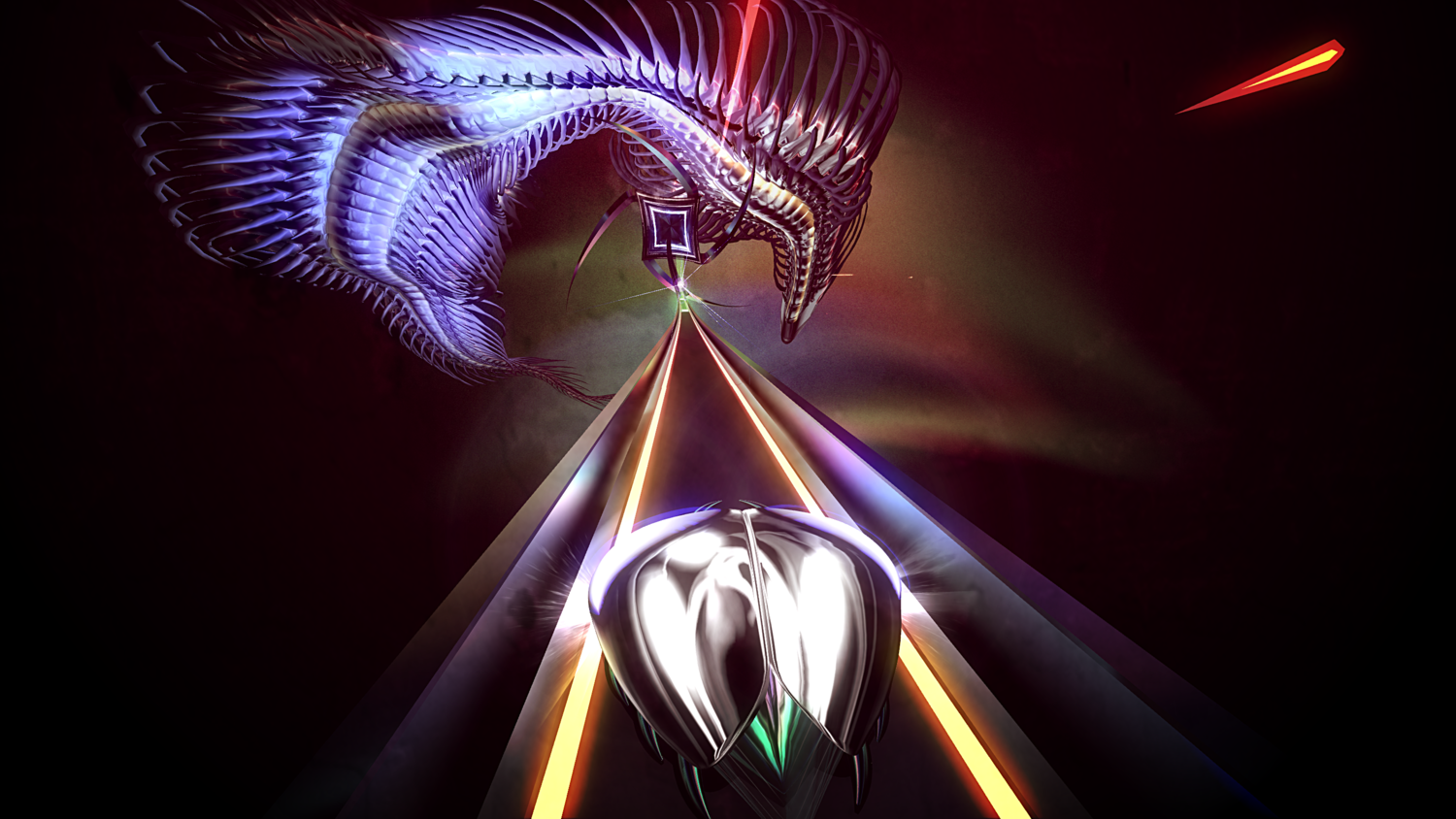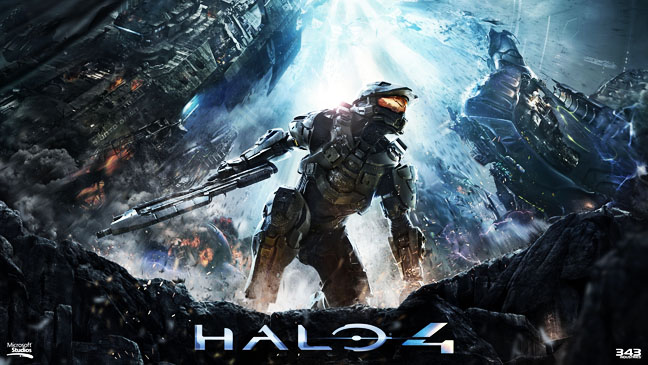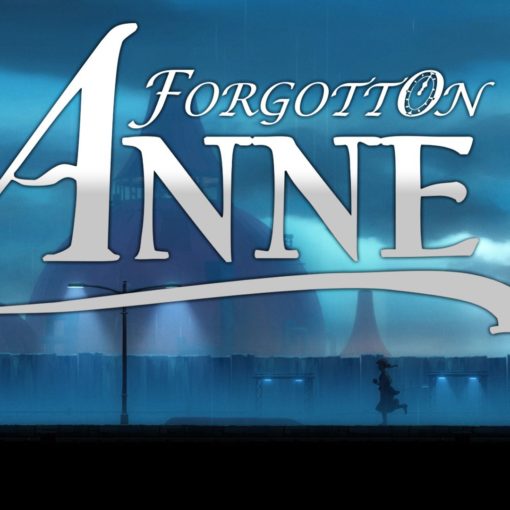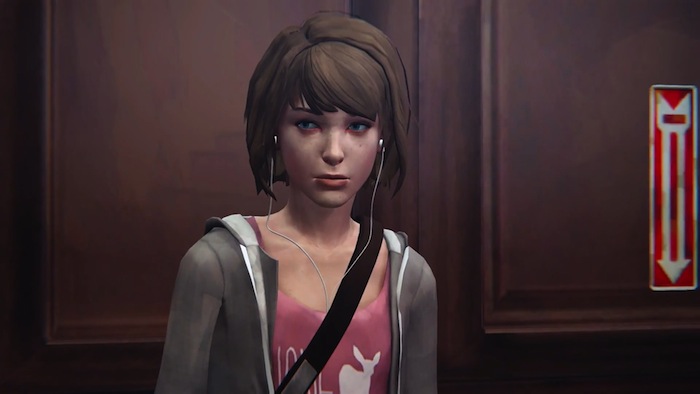When I was little, I ran around with a black leather belt around my waist and a red ball cap on my head. On one side of my belt, I stuffed a plastic ax; on the other side was a toy handgun that thudded when the trigger was pulled. Some days, I even had a fake hunting knife jammed into this belt.
During the summer, the neighborhood kids would play fight. If you were “shot,” you had to lie down and count to ten before you could rejoin the battle. This is the same age where we fascinated over dead stray cats in the back alley, marveled at classmates who sported an assortment of stitches and scars, and indiscriminately fried ants with a magnifying glass. In short, as a child, I was much more interested in violence than I am now. These days, I feel guilty when I squash a spider.
In his essay “Why We Crave Horror Movies,” Stephen King tells us that we have to “feed the gators.” What he means by this is that society has conditioned us with a penalty/reward system into being “good” and “civilized,” but deep within, we still have darker, more primal urges lurking and those don’t just go away. Of course, what we see in movies, particularly horror movies, cannot legally be acted out in life. This is the function, King says, of horror movies—to allow us to sit in the dark, munch our popcorn, and revel in a world of thrills that would never be permitted outside in the sunlight. King claims that these movies provide us with a release, operating like a pressure valve. These types of films, then, according to King, serve a necessary function. In fact, he believes that we need them or else we would go insane…Say what?
Stephen King is not the only person to claim that “violent entertainment” serves a purpose. Author Gerald Jones in his essay “Violent Media is Good for Kids” praises the way video games, comic books, and other “pretend” fantasies of rage can, in fact, help children learn how to moderate and control such impulses. He says that when he was a child his parents tried to convince him that anger, rage, violent urges were wrong. He describes himself as a child as a social misfit. His parents eventually turned to comic books as a way to help their son learn to appreciate pacifism—their choice was the Hulk. It makes sense. How many times did David Banner utter, “You wouldn’t like me when I’m angry”?
In the Hulk’s narrative, Jones was able to find release for his own feelings of helplessness and weakness. The Hulk, he says, helped him learn how to channel his “negative feelings” and harness them. He feels that we do not allow children to do this enough these days. When children write “violent” tales, schools punish them. This is why he and others try to help children explore these feelings so that the children can gain a better understanding of such emotions. This, Jones believes, is vital and necessary.
He tells us: “But rage is also the emotion our culture distrusts the most. Most of us are taught early on to fear our own. Through immersion in imaginary combat and identification with a violent protagonist, children engage the rage they’ve stifled, come to fear it less, and become more capable of utilizing it against life’s challenges.” Like King, Jones seems to be suggesting that we need to have some sort of “safe space” where we can take our darker demons out for a walk. If we don’t, Jones believes, then we run the risk of internalizing things too much and we lose touch with emotions that can be converted into empowerment rather than harmful aggression.
This brings us to video games. Do they provide us with a healthy release, too, like King claims horror movies can? When we solicit a hooker, take her to the bushes, shoot her and take our money back in GTA: Vice City, is this just a healthy “release” of emotions society has denied us access to? When I shot a man in Red Dead Redemption (just to watch him die), was this just a healthy expression of feelings I cannot experience in real life? Is it okay for me to “play” through my rage in the often violent world of video games? Or, do these games play into my dark side and give it new life, desensitizing me to real world horrors?
At this point, I usually share a personal anecdote. When I lived in Iowa—the first time as a graduate student at Iowa State—I lived in an apartment complex that was very cheap with walls that were seemingly only plyw ood. My downstairs neighbor, on weekends, enjoyed blasting Britney Spears favorite “Oops, I Did It Again.” It was so loud I could feel my skull vibrate. I had already called management. Nothing changed. So, whenever, he cranked up the Spears, I would flip on my PS2 and play a game called—“Gunfighter: The Legend of Jesse James”. I took out my anger and aggression in the video game. It provided a “release.” Otherwise, I probably would’ve driven myself crazy—or at least my landlord.
ood. My downstairs neighbor, on weekends, enjoyed blasting Britney Spears favorite “Oops, I Did It Again.” It was so loud I could feel my skull vibrate. I had already called management. Nothing changed. So, whenever, he cranked up the Spears, I would flip on my PS2 and play a game called—“Gunfighter: The Legend of Jesse James”. I took out my anger and aggression in the video game. It provided a “release.” Otherwise, I probably would’ve driven myself crazy—or at least my landlord.
Jones concludes his essay by saying: “We risk confusing [children] about their natural aggression in the same way the Victorians confused their children about their sexuality. When we try to protect our children from their own feelings and fantasies, we shelter them not against violence but against power and selfhood.”
Should we use video games as yet another educational tool—only this time, in the psychological development of children? Are video games worthy tools in helping children better understand their own emotions? Of course, the easy answer is: “Well, it depends.” Yes, it does. I wouldn’t want a six-year-old to play Halo or Gears of War (although, unfortunately, I’m sure somewhere one probably is). Video games are already being used to treat PTSD and even ADHD. Is the disease now the cure?
I think Stephen King is onto something when he tells us that we need to feed the gators…I just wonder sometimes if these gators need such a steady diet.





2 thoughts on “Do Video Games Keep Us Sane?”
As you indicate near the end, and as we’ve discussed before, not all violent video games are created equal. Some glorify violence, others question it.
I’ve got a three year old, and she enjoys “angry” moments–my wife and I have tried to find ways for her to deal with, rather than repress, her emotions. What we repress, returns.
I do think there is a place for games to help children, and adults, deal. That’s a job of fantasy–be it in book, video, or ludic form. I’ve shown Rowan games like Lego Star Wars (swing the wii mote!) and, more recently, Wii Boxing. I stopped playing Call of Duty in front of her quite awhile ago (after, one night, she pointed at the screen and asked “why is everybody falling down?”).
@Marc I think we’d all be a lot better off if we could figure out how to deal with our emotions in healthy ways rather than repressing them or hanging out in peoples’ bushes with bats! We are going to have to move to big consoles soon because the DS really can’t take it anymore! LOL Bubble pop games are popular for the banging time on the iPod and iPad, but I like the idea of Lego games. I only own them for the DS and XBox but I can see a Wii purchase in my future.
Pea doesn’t like fighting (at all) and has a fit when we Wii box around her. I need something that is non-violent or ambiguous enough that will still give her a chance to act out her aggressions. Maybe something like Whack a Mole?